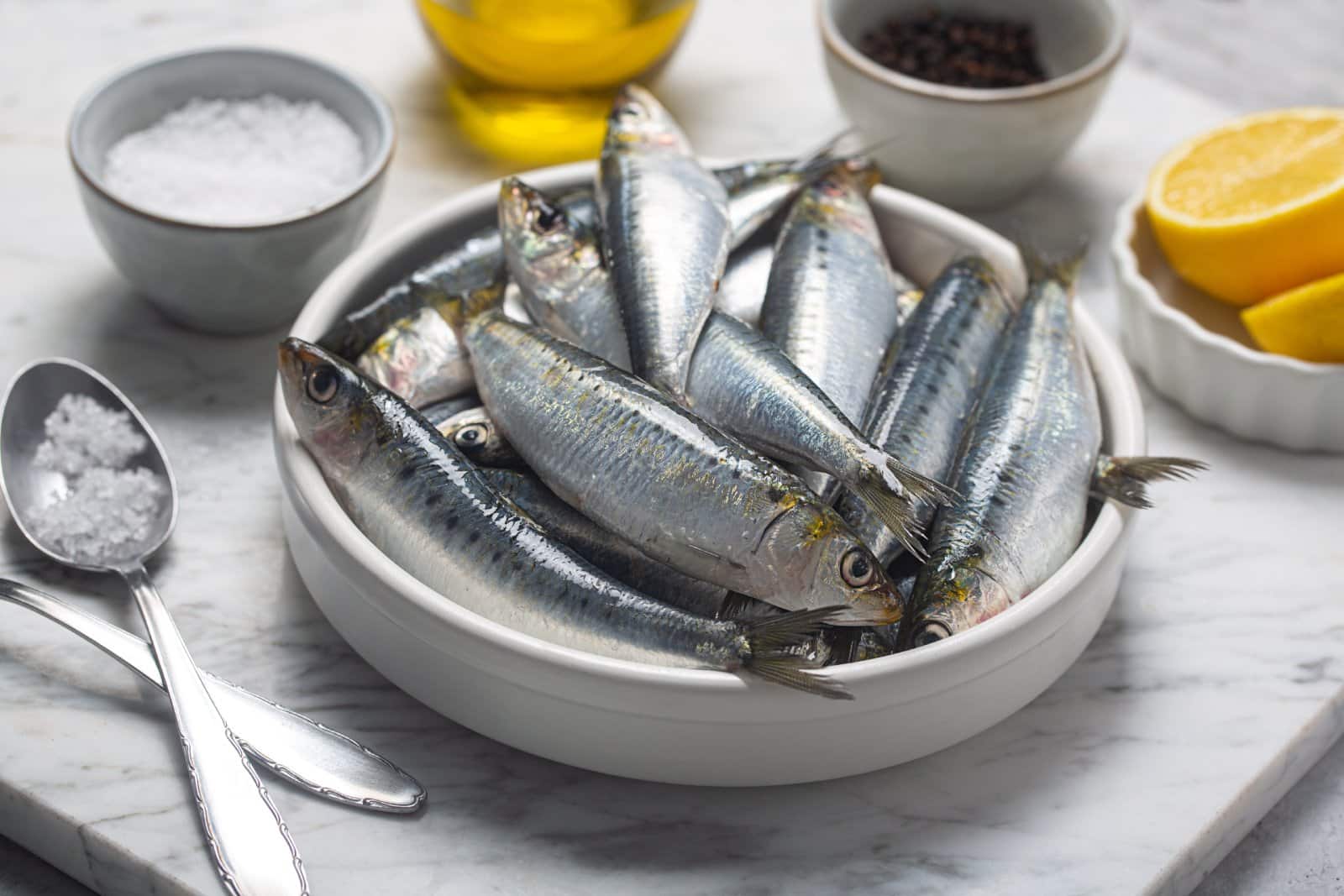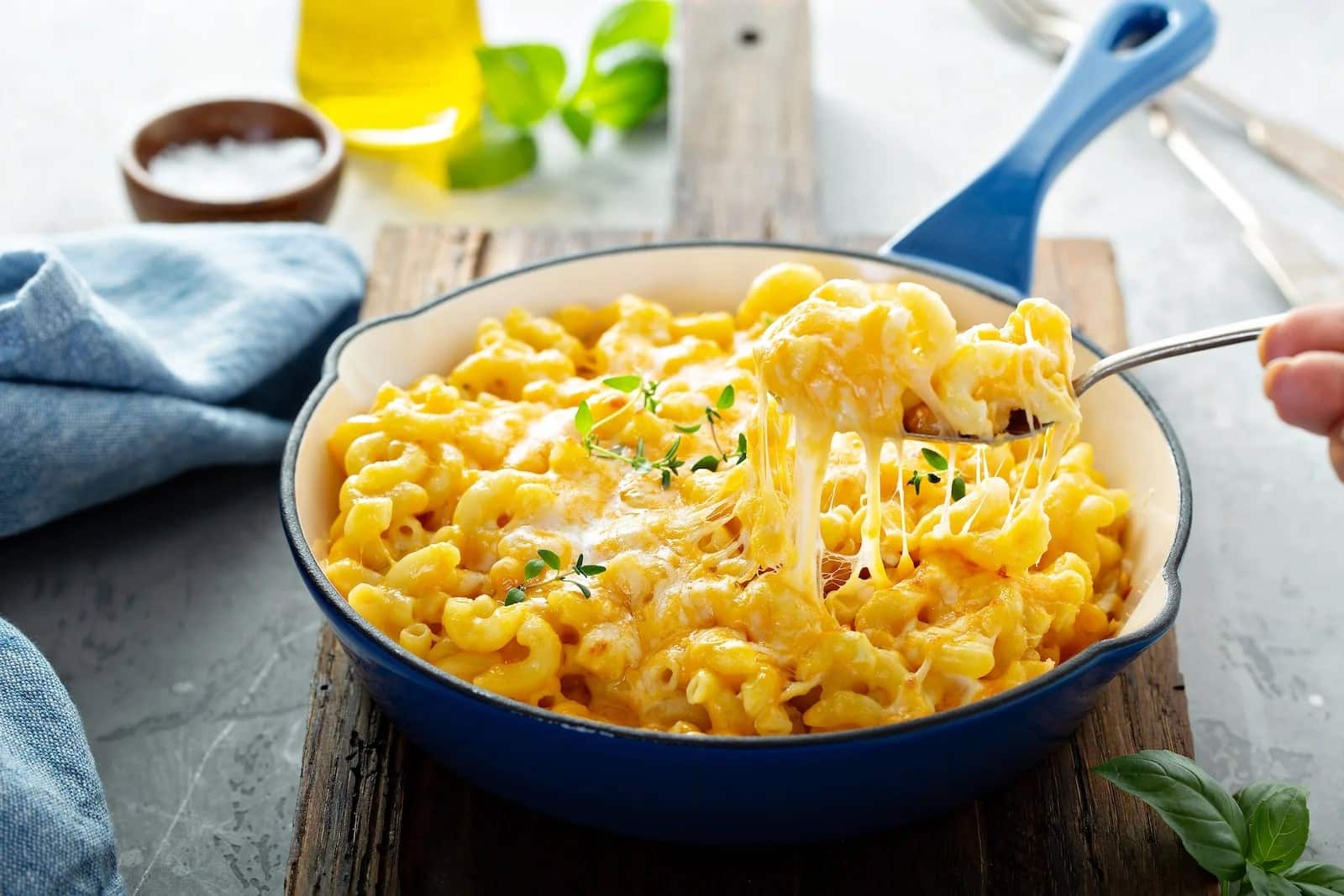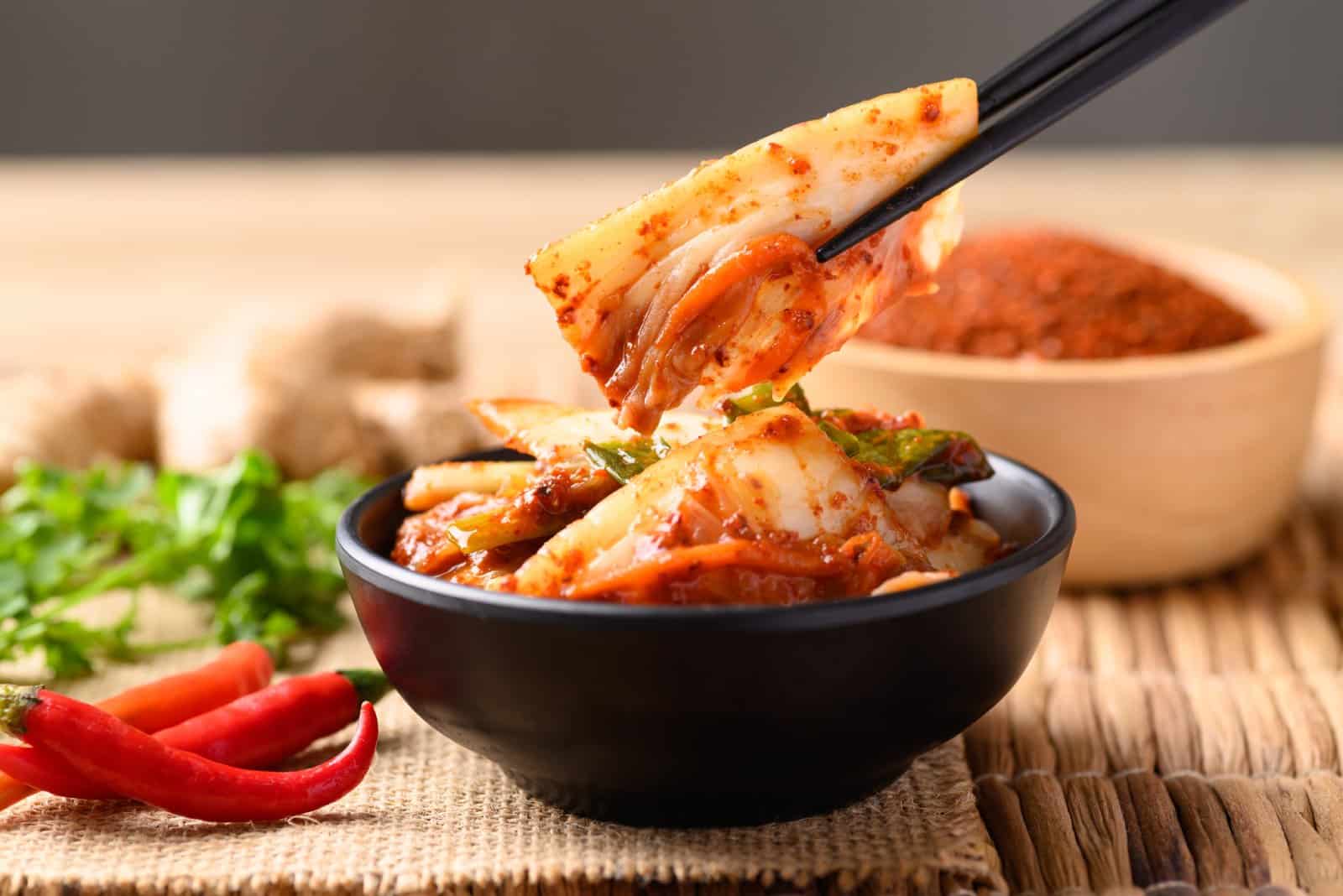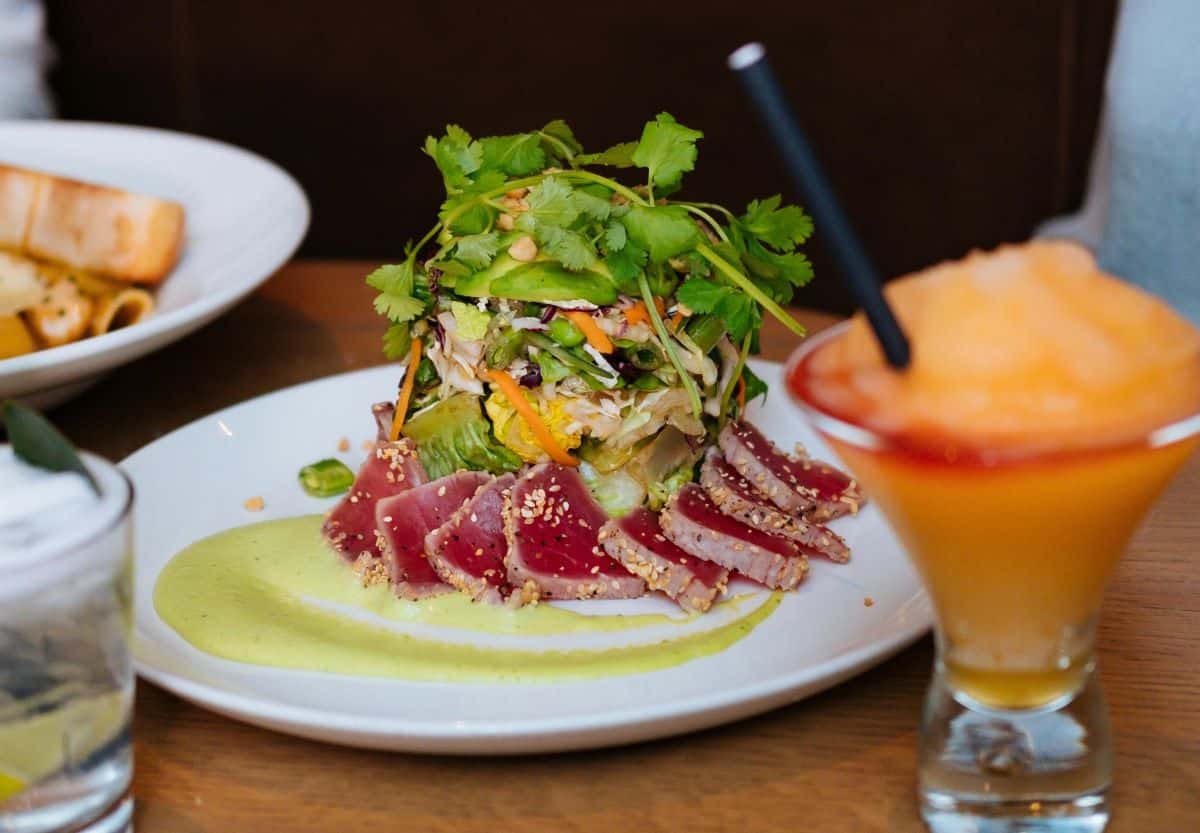Food isn’t just fuel; it’s a hot topic that stirs up big debates. Some dishes spark major controversy and ethical dilemmas. Here are the ingredients that spark the most heat. Which ones would you eat?
1. Foie Gras

This delicacy, made from the liver of specially fattened ducks or geese, is celebrated for its rich flavor. However, the force-feeding process, known as gavage, has sparked significant ethical concerns and bans in several countries and U.S. states.
2. Shark Fin

Considered a luxury item in some Asian cuisines, shark fin soup has led to overfishing and the brutal practice of finning. Environmentalists argue that this ingredient contributes to the rapid decline of shark populations, disrupting marine ecosystems.
3. Palm Oil

Ubiquitous in processed foods, palm oil production is linked to deforestation, habitat destruction, and human rights abuses. Consumers are urged to seek sustainable alternatives to reduce environmental impact and support ethical practices.
4. Veal

Tender and mild, veal comes from young calves, often raised in confined conditions to maintain the meat’s delicate texture. Animal rights activists challenge the ethics of veal farming, pushing for more humane treatment of livestock.
5. Bluefin Tuna

This prized sushi ingredient is critically endangered due to overfishing. Despite conservation efforts, demand for bluefin tuna remains high, raising questions about sustainable seafood consumption and the future of this iconic species.
6. Genetically Modified Organisms (GMOs)

GMOs promise higher yields and pest resistance, but they also provoke debates about health risks, environmental impact, and corporate control over food supply. As a consumer, navigating the pros and cons of GMOs is essential for making informed choices.
7. Horse Meat

Common in parts of Europe and Asia, horse meat is taboo in many Western cultures, where horses are seen as companions. Ethical considerations about eating horses reflect broader cultural values and animal welfare concerns.
8. Raw Milk

Advocates tout raw milk’s natural benefits, while opponents warn of potential health risks from bacteria like E. coli and Salmonella. The debate over raw versus pasteurized milk centers on food safety versus nutritional purity.
9. Factory-Farmed Meat

Mass-produced meat is affordable but often comes at the cost of animal welfare, environmental degradation, and public health issues. Choosing between factory-farmed and sustainably raised meat requires weighing convenience against ethical and environmental impacts.
10. Kobe Beef

Renowned for its marbled texture and flavor, Kobe beef comes from pampered cattle in Japan. However, the methods used to achieve such high quality, including restricted movement and special diets, raise questions about animal rights and ethical farming practices.
11. Casu Marzu

Known as “maggot cheese,” this Sardinian delicacy involves cheese infested with live larvae. The ethical dilemma here involves food safety and hygiene standards versus preserving traditional culinary practices.
12. Endangered Wildlife

Some exotic dishes feature ingredients from endangered species, like pangolins or sea turtles, leading to legal and ethical challenges. Consuming these ingredients threatens biodiversity and raises significant conservation issues.
13. Monkfish Liver (Ankimo)

Often dubbed the “foie gras of the sea,” monkfish liver is a delicacy in Japanese cuisine. Its popularity has led to overfishing and bycatch concerns, prompting debates about sustainable seafood practices.
14. Blood Sausage (Black Pudding)

Using animal blood in culinary traditions sparks discussions about food waste and cultural acceptance. While some see it as a resourceful use of byproducts, others find the concept unpalatable.
15. Caviar

Harvested from sturgeon, caviar is synonymous with luxury but comes with environmental and ethical costs. Overfishing and habitat loss have pushed some sturgeon species to the brink of extinction, urging consumers to consider sustainable alternatives.
16. Fugu

This Japanese pufferfish is deadly if not prepared correctly, containing potent toxins. The ethical debate here revolves around food safety and the risks chefs and diners take for a unique culinary experience.
17. Chilean Sea Bass

Popular for its mild flavor, Chilean sea bass has been heavily overfished, leading to severe population declines. Ethical seafood choices mean looking for certified sustainable options to help preserve marine life.
18. Animal-Derived Gelatin

Used in a wide range of products, gelatin is made from animal bones and skin. Ethical vegetarians and vegans seek plant-based alternatives to avoid supporting industries they see as exploitative.
19. Goose Barnacles

A rare and expensive delicacy, goose barnacles are harvested from dangerous, rocky coasts. The ethical dilemma involves the risk to harvesters’ lives and the environmental impact of overharvesting.
20. Bat Soup

Linked to zoonotic diseases like COVID-19, bat soup has sparked debates about wildlife trade, food safety, and cultural practices. The controversy underscores the need for better regulations and awareness about consuming wild animals.
21. Conch

Popular in Caribbean cuisine, conch populations are declining due to overharvesting. Sustainable seafood advocates call for stricter regulations to protect this species and ensure its long-term availability.
Where Do You Stand?

Each of these ingredients challenges us to think critically about our food choices and their broader impacts. How do you balance tradition, taste, and ethics in your culinary adventures?
Timeless Taste: 20 Boomer Superfoods That Are Making a Comeback

Discover the forgotten superfoods of the boomer generation! From liver to sardines, these nutritional powerhouses are making a comeback. Join us as we rediscover these classic ingredients and their health benefits. Let’s dive into the world of boomer superfoods together! Timeless Taste: 20 Boomer Superfoods That Are Making a Comeback
21 Everyday Grocery Items That Are Loaded With Chemicals

Grocery shopping can seem like a science experiment, with many products packed with artificial additives instead of nutrients. While convenient and tempting, have you considered what’s really in these items? 21 Everyday Grocery Items That Are Loaded With Chemicals
18 Must-Eat Foods for a Longer Life

In the quest for a longer life, certain foods can make a big difference. From everyday staples to exotic finds, these options span various budgets and might surprise you. Who knew the secret to longevity could be right in your pantry or at the grocery store? 18 Must-Eat Foods for a Longer Life
Featured Image Credit: Pexels / Aleksandar Pasaric.
For transparency, this content was partly developed with AI assistance and carefully curated by an experienced editor to be informative and ensure accuracy.

